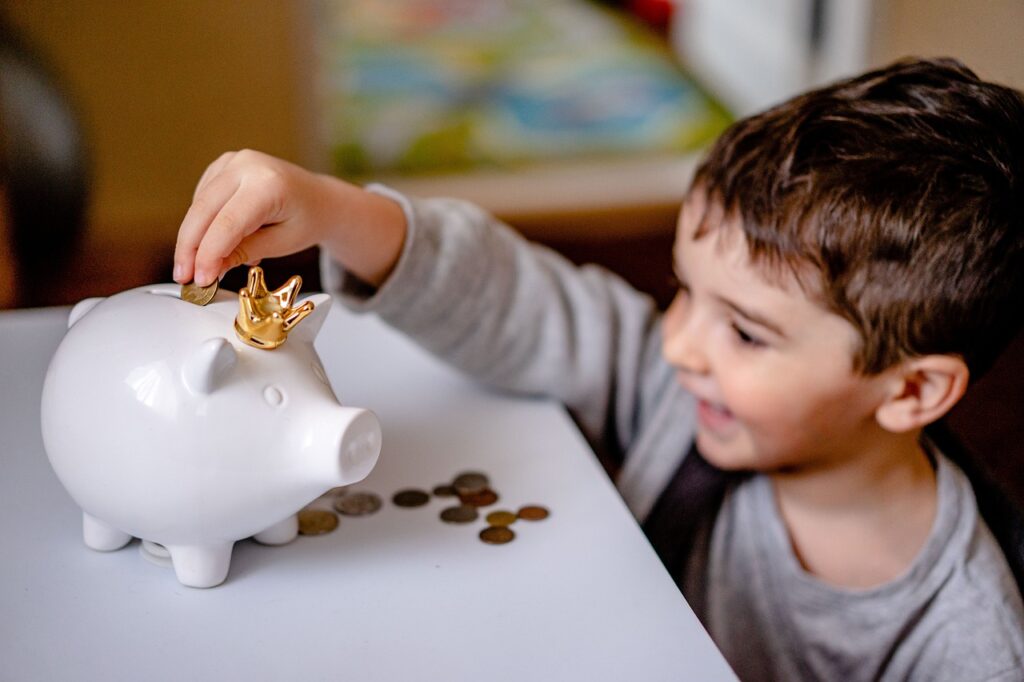Recovering from a stroke can feel like navigating an unfamiliar road, but it doesn’t have to be overwhelming. With the right mindset, resources, and a sprinkle of humor, the journey to regaining independence can be empowering—even enjoyable. Think of this as your guidebook to getting back on your feet, step by step (or wheel by wheel, depending on where you’re starting).
Setting Goals
Think small and specific. Instead of aiming to “get back to normal,” focus on something tangible, like brushing your teeth unassisted or mastering a simple exercise. These small victories will keep your motivation up and give you a sense of achievement. Celebrate every win—yes, even the tiny ones. If you can wiggle a toe today that refused to cooperate yesterday, throw a mini dance party.
The Power of Therapy
Physical, occupational, and speech therapy are like the Avengers of stroke recovery. Each one has its superpower, and together they’re unstoppable. Your physical therapist might teach you exercises that rebuild strength and balance. Your occupational therapist will help you tackle daily tasks like eating, dressing, and wielding a pen like the pro you are. And if speaking feels tricky, a speech therapist will guide you through exercises to rebuild those vocal skills.
Applying Learnings At Home
But therapy doesn’t have to end when you leave the clinic. Bring it home! Think of your living room as a makeshift recovery center. Practicing your therapy exercises regularly—even when it feels tedious—is where the magic happens. Put on your favorite playlist, grab a loved one to cheer you on, and turn it into a fun routine. It’s like having your own pep rally every day.
Movement
Ah, the wonders of movement. It’s tempting to stay curled up under a blanket (we all have those days), but getting active—even just a little—can work wonders. If walking feels daunting, try chair exercises. If your hands need a workout, grab a stress ball, a rubber band, or even a can of soup to build strength. And let’s not underestimate the therapeutic power of stretching. It’s like giving your muscles a hug and saying, “Hey, we’ve got this.”
Nutrition
Let’s chat about food, because what you eat matters. After a stroke, your body needs nourishment to heal, and your brain craves the right fuel. Load up on colorful fruits and veggies, lean proteins, and healthy fats like avocado or olive oil. Oh, and drink water—lots of it. Staying hydrated keeps your body running smoothly. Sure, the occasional treat is fine (chocolate lovers, I see you), but moderation is key. Think of your meals as medicine for recovery.
Mental Health
Now, onto a topic that’s close to everyone’s heart—or should we say, mind? Mental health. Stroke recovery isn’t just physical; it’s emotional too. It’s normal to feel frustrated, sad, or even angry. Let those feelings out. Talk to someone you trust, whether it’s a friend, family member, or therapist. If writing is more your style, start a recovery journal. Putting your thoughts on paper can be incredibly freeing. And remember, laughter truly is medicine. Watch your favorite sitcom or silly cat videos. Whatever makes you giggle, go for it.
Helpful Tech
Technology can be a game-changer, too. From apps that help you track your progress to devices that improve mobility, there’s a world of innovation designed to make life easier. For example, speech-to-text apps can be a lifesaver if writing or typing feels tricky. Smart home gadgets, like voice-controlled lights or smart plugs, can give you more independence around the house. Explore what’s out there and don’t hesitate to ask for recommendations.
Your Community
Speaking of help, don’t be afraid to ask for it. This isn’t the time for superhero-level independence. Friends, family, and caregivers are your dream team. Lean on them. Whether it’s driving you to appointments, cooking a meal, or just being there for moral support, let them help. Recovery is a team sport, and the people who care about you are more than happy to be part of your squad.
Visualization
Visualization can be surprisingly effective in stroke recovery. Close your eyes and imagine yourself performing the tasks you’re working toward. Picture your muscles moving the way they’re supposed to, your speech flowing effortlessly, or your hand writing a note to a loved one. It might feel a little silly at first, but visualization helps rewire the brain. It’s like giving your neurons a pep talk.
Believe in Progress
Be kind to yourself. Stroke recovery isn’t a straight line. Some days will feel like you’re conquering mountains, and others might feel like you’re trudging through molasses. Both are okay. Progress is progress, no matter how small. Celebrate your wins, learn from setbacks, and keep moving forward. You’re stronger than you think, and every day is another step closer to independence.
Remember, you’re not alone in this. Millions of people are on similar journeys, and sharing your story—whether through a support group, online forum, or social media—can inspire others while giving you a sense of community. Recovery may take time, but with patience, persistence, and a little fun along the way, you’ve got this. So go ahead, take that next step—or roll, or stretch—and show the world just how resilient you are.








